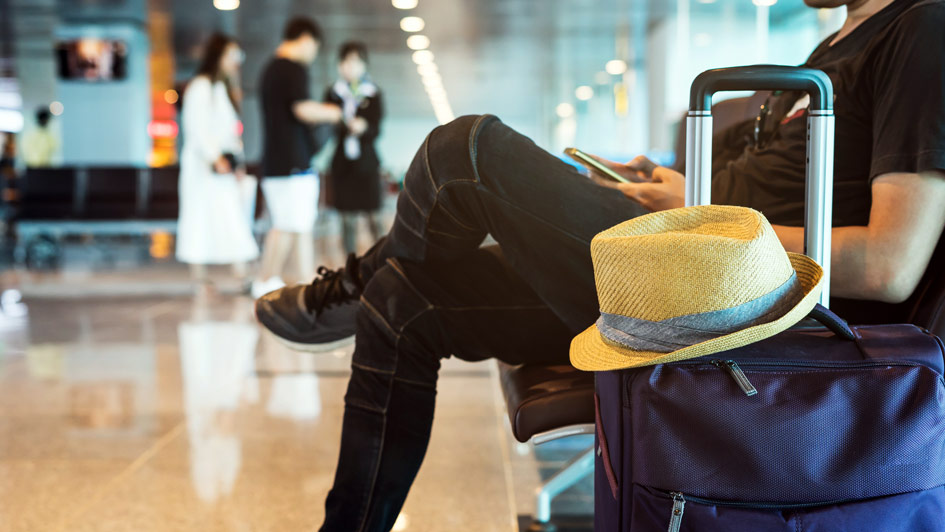
From a much-needed vacation or a long trip for work, traveling means making plans for your home comfort system. You can't use it if you’re away, so you can make adjustments as needed to limit your energy use. Simultaneously, you shouldn't just shut it down for the entire time you're gone.
Instead, it’s best to leave your HVAC system on and just make adjustments depending on whether it's winter or summer. That way you can minimize energy costs without worrying about coming back to an uncomfortable home. We’ll walk you through why you shouldn’t turn your HVAC system off as well as the ideal thermostat settings for various times of year.
This Is Why You Don't Leave Your Thermostat Alone
While you could be wanting to leave your HVAC system off before a trip, this could end up causing annoying problems by the time you get back. This is especially true if the weather will be severely hot or cold while you’re away from home.
As an example, turning the HVAC system down in the summer could produce very high humidity. Not only will your home feel like a swamp when you have returned, but it could have also encouraged mold/mildew growth or pest infestations.
And during the winter, letting your house get cold could lead to pipes freezing up or even bursting. It’s never fun to get home from a vacation only to discover considerable water damage nearby a broken pipe.
Ideal Thermostat Settings While at Work
You can optimize the temperature even as you come and go to work. Because you’re out of the house for 8 hours or more, it doesn’t seem sensible to keep an empty home heated or cooled as if you were there. In general, it’s suggested to adjust the thermostat by 5 degrees or so. Meaning that if you prefer a comfortable 72 degrees, try raising it to 76-77 while you’re gone.
But you could save even more if you're open to further adjusting the temperature. As reported by the Department of Energy, you might save around 10% on your HVAC spending by making an adjustment of 7-10 degrees.
Energy-Efficient Thermostat Settings While on Vacation in Summer
If you're on an extended trip in the hottest part of summer, you can make more significant adjustments. This helps you avoid using too much energy while still protecting your home from the issues that come with leaving it uncooled. About 5 degrees is appropriate for shorter trips while a larger adjustment of 10 degrees is worthwhile if you’ll be gone for 2 weeks or longer. If you enjoy keeping the house at 72 in the summer, 78-82 can offer beneficial results.
Best Thermostat Settings While Away from Home in Winter
To determine the ideal thermostat setting for a winter vacation, simply lower it by the same amount you would raise it in summer. 68 is a common winter thermostat setting, so turning it down to 63-58 will prevent ice from forming on pipes while restricting how long your furnace runs.
Smart Thermostats Are Even Better: Perks of Smart Thermostat Installation
One of the best ways to optimize your home’s HVAC system while away from home is using a smart thermostat. This special type of programmable thermostat employs intelligent software to understand your typical comfort habits. It gradually understands these preferences and makes automatic adjustments to the schedule for better energy efficiency. And with Wi-Fi compatibility, you can remotely control your heating and cooling with a smart device like a phone or tablet.
Smart thermostats are stuffed with features to help you save energy and lower costs. For instance, certain models can monitor electricity prices to increase heating or cooling when prices are lowest. They are compatible with high-efficiency, variable-speed equipment to fine-tune how long your HVAC system has to run. It’s the optimal tool to streamline how you control your comfort system. If you’re planning on investing in a smart thermostat, there are multiple ways you can lower your costs, essentially getting a smart thermostat for free. The next time you leave for vacation, you can enjoy true peace of mind that your HVAC system won’t stir up any trouble while you’re away from home.
